A seven-member delegation from Bangladesh Khelafat Majlis, including its Amir Mamunul Haque, has traveled to Afghanistan. They arrived in the Afghan capital, Kabul, on Wednesday morning. Although the party claims it is not an official visit, they did release a statement detailing the trip.
According to the statement, the delegation is visiting Afghanistan at the invitation of the Islamic Emirate or the Taliban government. During their stay in Kabul, they are scheduled to meet with the Taliban’s chief justice, multiple ministers, and high-ranking officials.
The statement also mentions that the delegation will directly observe and discuss the Western criticisms regarding human rights and women’s rights in Afghanistan, providing them with an opportunity to understand the situation on the ground.
When asked why Mamunul Haque is visiting Afghanistan amidst these criticisms, the General Secretary of Khelafat Majlis, Maulana Jalaluddin Ahmad, responded by saying that the delegation intends to witness firsthand whether women’s rights are truly being violated. He emphasized that there is often confusion about such issues, with certain groups claiming that women’s rights are being restricted, while others believe the situation may be different.
Interestingly, this visit is happening at a time when the Khelafat Majlis has been holding protests in Bangladesh. The party organized a protest march in Dhaka on Thursday, demanding the implementation of the July Accord and other issues. The protests are set to continue across major cities.
Some political analysts have expressed surprise, stating that no political leader from Bangladesh has previously visited Afghanistan. This is believed to be the first time a political party’s leaders have traveled there.
Maulana Jalaluddin Ahmad further clarified that this visit is not a political mission but rather a trip by the Ulama (religious scholars) community. He explained that although the Amir, Mamunul Haque, is part of the delegation, many of the other participants are not political figures. He added that this is not the first time an Ulama delegation has visited Afghanistan, citing a similar trip in 2001.
While Russia is the only country that has officially recognized the Taliban government, several nations have maintained economic transactions with Afghanistan, despite not offering diplomatic recognition. Bangladesh itself does not have an embassy in Afghanistan, although Afghanistan maintains an embassy in Dhaka.
Since the Taliban regained power in Afghanistan in 2021, they have imposed strict bans, including prohibiting women from attending university and ordering private tutoring centers not to teach female students.
This raises questions about the nature of the relationship between Khelafat Majlis and the Taliban government, and whether any political ties exist between the two. According to the statement, the delegation’s primary goals include enhancing diplomatic relations, fostering cooperation in trade, healthcare, and education, and strengthening ties between the religious communities of both countries.
The delegation will also visit several other countries in Central Asia during the trip.
On September 14, Mamunul Haque and his delegation first traveled to Saudi Arabia for the Umrah pilgrimage. After completing the pilgrimage, they continued their journey via Dubai, eventually reaching Kabul.
The general secretary of Khelafat Majlis, Jalaluddin Ahmad, emphasized that the purpose of the visit is to improve relationships and foster dialogue between the Ulama communities of both Bangladesh and Afghanistan.
Mamunul Haque and his team, which includes prominent religious leaders like Maulana Abdul Hamid (Deputy Amir of Hefazat-e-Islam Bangladesh) and Maulana Abdul Awal, are also participating in this mission. However, Mamunul Haque’s absence from the ongoing protest in Bangladesh was addressed by Maulana Jalaluddin Ahmad, who explained that the trip had been planned earlier, and the protests were scheduled afterward.
Some analysts speculate that this visit might be driven by the Khelafat Majlis’s interest in understanding Afghanistan’s Islamic governance model and possibly applying it in Bangladesh. Dr. Sabbir Ahmed, a political analyst and professor at Dhaka University, believes the delegation is looking to learn more about the Taliban’s model of governance, which is more rigid and Sharia-oriented, to see how it could be implemented in Bangladesh.
However, Jalaluddin Ahmad dismissed such notions, stating that the party is not looking to adopt this model in Bangladesh. He emphasized that Bangladesh, with its democratic political system, is not interested in implementing Sharia law in governance. The governance systems of Afghanistan and Bangladesh are fundamentally different, and such a model would not be applicable in Bangladesh.



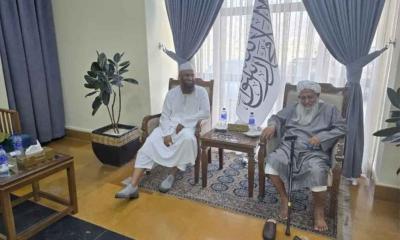

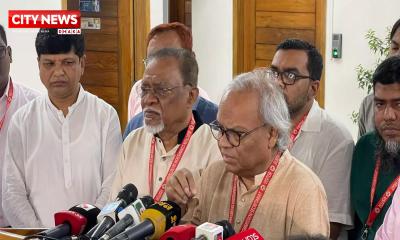

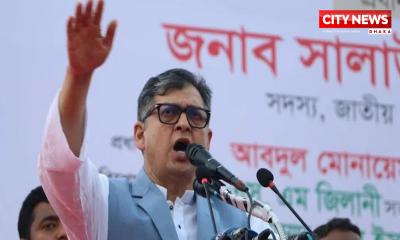
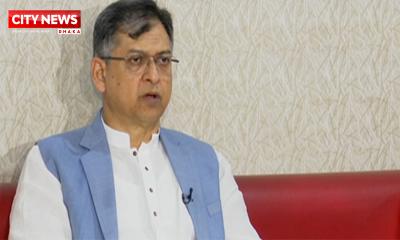
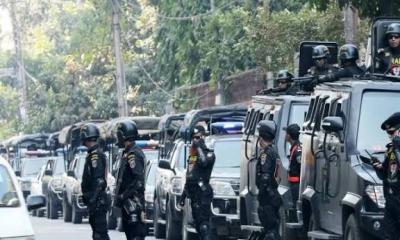

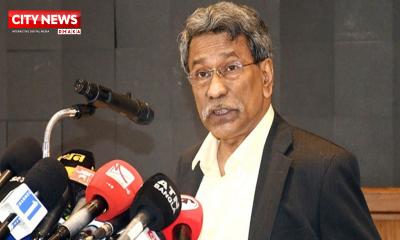
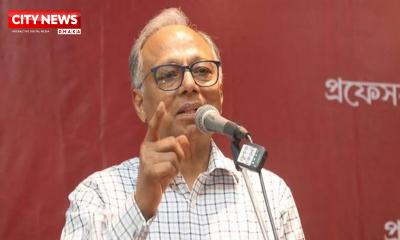
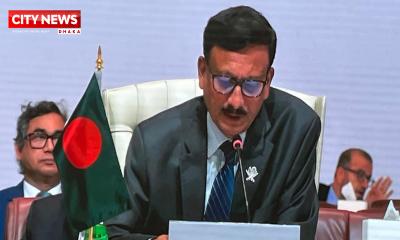
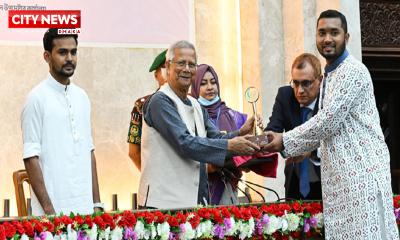
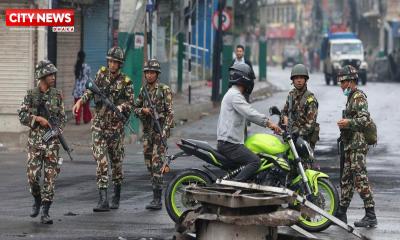
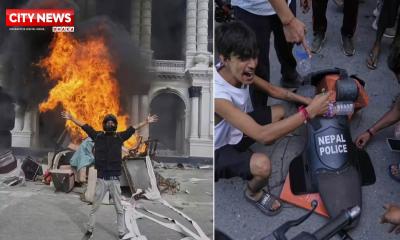
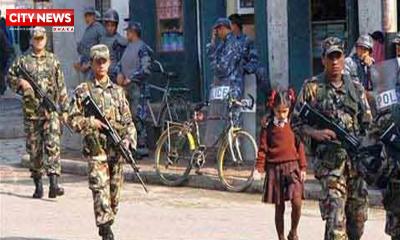
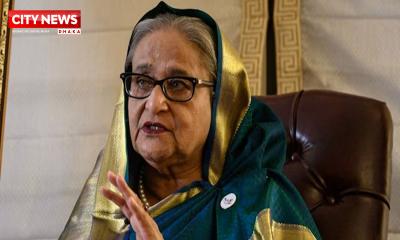
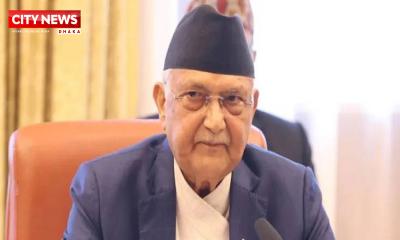
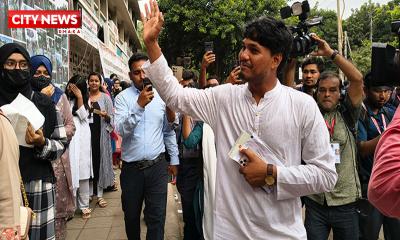

Comment :